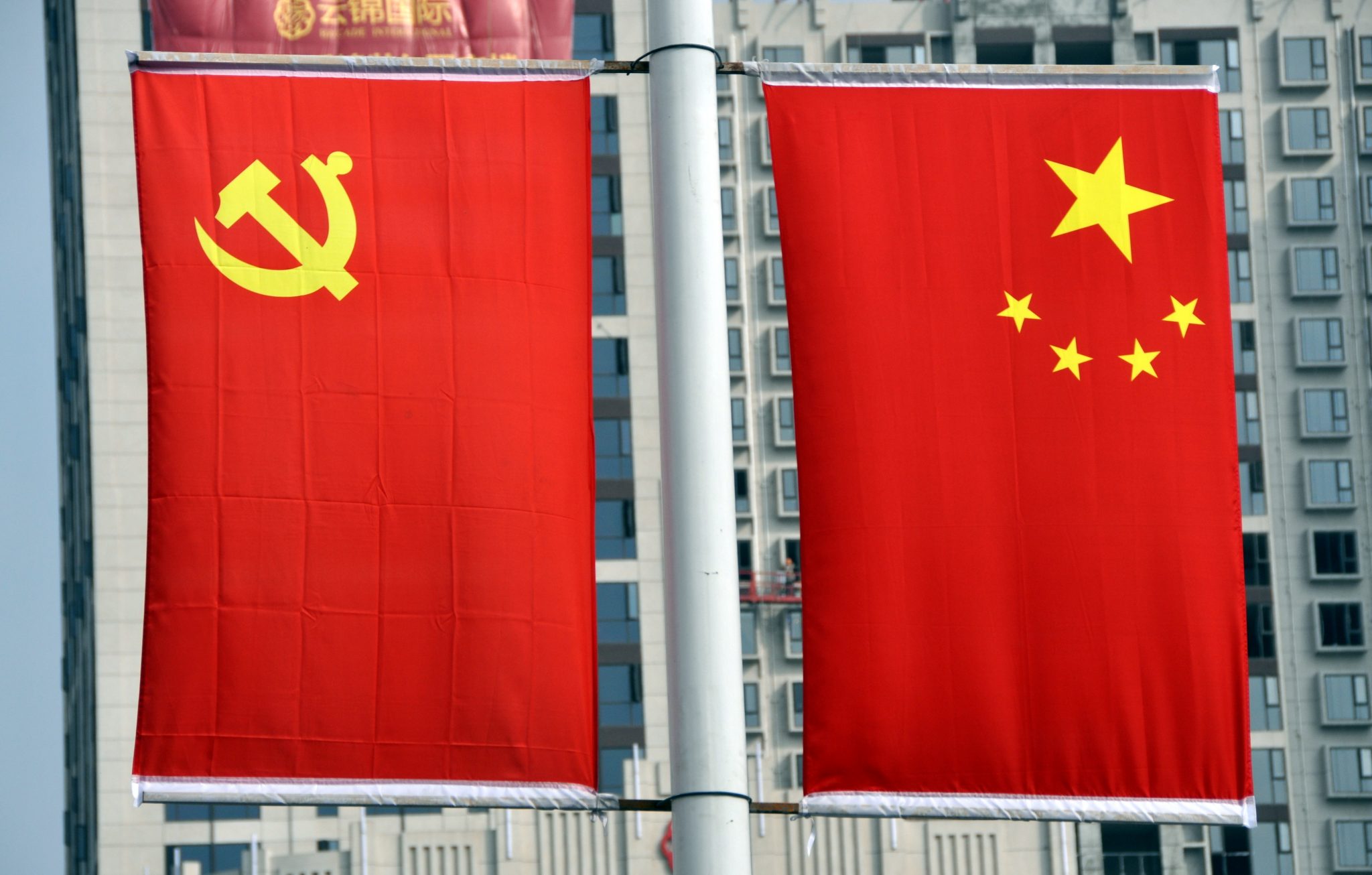A little more than a year ago, China had almost no diplomatic presence on Twitter. A handful of accounts, many representing far-flung diplomatic outposts, operated without apparent coordination or direction from Beijing. Today, the work of Chinese diplomats on Twitter looks very different: More than 170 of them bicker with Western powers, promote conspiracies about the coronavirus, and troll Americans on issues of race. The quadrupling in the past year and a half of China’s diplomatic presence on a site blocked within China suggests that turning to Western platforms to influence the information environment beyond China’s borders is no longer an afterthought but a priority.
In pursuing increasingly assertive tactics to shape how China is perceived online, Beijing has borrowed elements of Russia’s playbook. China’s “wolf warrior” diplomats—a phrase that comes from a jingoistic Chinese film franchise and refers to a new approach among the Chinese diplomatic corps to more aggressively defend their home country online—propagate conflicting conspiracy theories about the origins of the novel coronavirus that are designed to sow chaos and deflect blame. It is using these so-called warriors, together with its sprawling state media apparatus and, at times, covert trolling campaigns, to amplify false theories on social media and in the news. And it is doing all this by leaning on the propaganda outlets run by Moscow, Caracas, and to a lesser extent, Tehran, and the network of contrarian agitators they leverage to promote anti-Western content.



